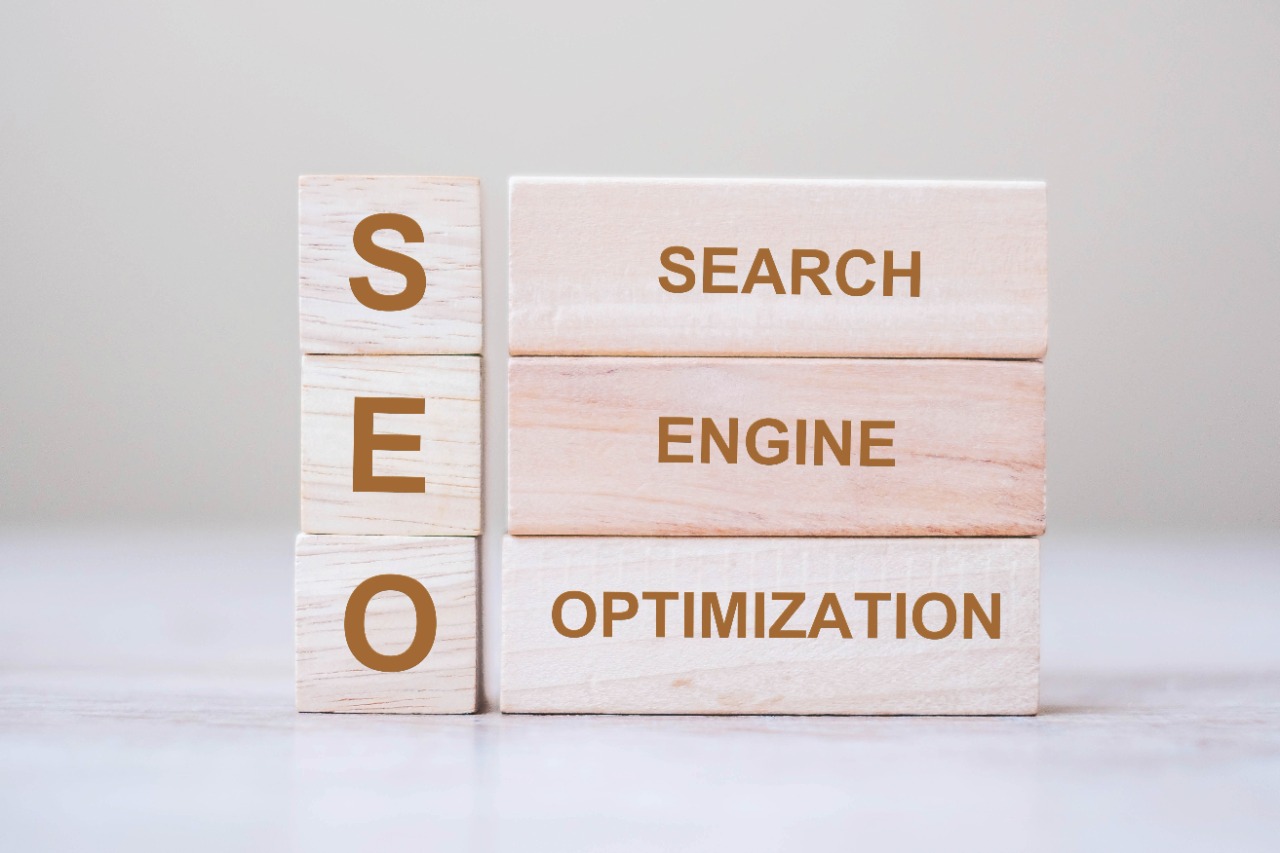What does SEO Analyst do?
A SEO analyst is responsible for improving the visibility and ranking of a website on search engines. They work with webmasters and content writers to ensure that the site is optimized for specific keywords and phrases. They also analyze website traffic data to identify trends and patterns.
Career and Scope of SEO Analyst
The career of an SEO analyst is quite versatile, as they can work in a variety of industries and settings. However, most SEO analysts work in the digital marketing or advertising industry. They may also work in-house for a company that relies heavily on search engine traffic, such as an ecommerce site. As the role of SEO evolves, analysts will need to be adaptable and keep up-to-date with the latest trends in search engine optimization.
The scope of an SEO analyst’s job is to ensure that a website is optimized for search engines, which will help it rank higher in search results. This can involve analyzing the website’s content, structure, and link profile, as well as conducting keyword research. SEO analysts may also be responsible for auditing a website’s existing SEO efforts and making recommendations for improvements.
Career path of SEO Analyst
The career path of an SEO analyst typically begins with a bachelor’s degree in marketing, communications, or a related field. After completing a degree, an analyst may begin working in an entry-level marketing or communications position. With experience, an analyst may move into a more senior role, such as an SEO manager or director.
Key skills of SEO Analyst
Some key skills of an SEO analyst include excellent analytical and research skills, superb writing and communication skills, and a deep understanding of the latest trends in SEO. They should also be highly organized and detail-oriented, with a keen eye for spotting opportunities and errors.
Roles and Responsibilities of SEO Analyst
1. Conduct keyword research to identify high-value, low-competition keywords that your target audience is searching for.
2. Optimize website content and on-page elements (including title tags, meta descriptions, headings, etc.) around these keywords to improve your site’s search engine ranking.
3. Monitor your website’s search engine rankings and adjust your SEO strategy as needed to maintain or improve your position.
4. Conduct competitor analysis to identify areas where your site can improve its search engine ranking in comparison to others.
5. Keep up to date with the latest changes and updates to search engine algorithms and how they may impact your website.
6. Use analytical tools (e.g., Google Analytics) to track website traffic and user behavior trends, and identify potential areas for improvement.
7. Generate monthly or quarterly reports on your website’s SEO performance and share these with relevant stakeholders.
8. Stay up to date with the latest SEO news and trends, and share relevant information with colleagues and clients.
9. Attend relevant conferences, webinars, and other events related to SEO and digital marketing.
10. Keep abreast of developments in the wider digital marketing landscape, and how these may impact SEO strategy.
11. Maintain a strong understanding of your target audience and their needs, and how these can be met through SEO.
12. Understand the technical aspects of SEO and how to optimize website architecture and code for maximum search visibility.
13. Collaborate with other members of the digital marketing team, including content writers, designers, and developers, to ensure a coordinated SEO approach.
14. Manage and oversee SEO campaigns, including setting goals, budgets, and timelines.
15. Train and educate colleagues and clients on best practices for SEO and digital marketing. 16. Provide expert consulting on SEO to clients and businesses.
17. Write SEO-friendly content that is both informative and keyword-rich.
18. Optimize website images and other media for better search engine visibility.
19. Manage and monitor website backlinks to ensure they are high quality and relevant.
20. Use tools like Google Search Console and Bing Webmaster Tools to track website performance and identify potential issues.
Cover letter for SEO Analyst position
Hello [Hiring Manager],
I am writing to apply for the position of SEO Analyst at [Company Name]. I am a highly experienced and successful SEO professional, and I am confident that I can exceed your expectations in this role.
In my current role as SEO Manager at [Current Company], I have increased organic traffic to our website by [percentage] and improved our search engine rankings for key terms by [percentage]. I have also implemented successful link building and content marketing campaigns that have resulted in [number] of high-quality inbound links and [increase in traffic/leads/sales].
I am a analytical thinker and I have a proven track record of using data to drive decision making. I am also an excellent communicator and I have the ability to clearly explain complex SEO concepts to non-technical stakeholders.
I am excited about the opportunity to join [Company Name] and help you to achieve your SEO goals. I am confident that I can provide significant value and contribute to your success.
Thank you for your time and consideration.
Sincerely,
[Your Name]
Interview questions and answers for SEO Analyst
1. What is SEO?
SEO is the process of optimizing a website for Google search with the goal of earning higher web traffic levels and improving the visibility of the site.
2. What are some common SEO techniques?
Some common SEO techniques include keyword research, link building, and on-page optimization.
3. What is keyword research?
Keyword research is the process of finding and selecting keywords that are relevant to your website and that have the potential to drive traffic to your site.
4. What is link building?
Link building is the process of creating backlinks to your website from other websites. Backlinks are important for SEO because they help to improve the visibility of your site in Google search.
5. What is on-page optimization?
On-page optimization is the process of optimizing the content and structure of your website to improve your visibility in Google search.
6. What is off-page optimization?
Off-page optimization is the process of optimizing your website for Google search by building backlinks from other websites.
7. What are some common on-page SEO factors?
Some common on-page SEO factors include the title tag, meta tags, and heading tags.
8. What is a title tag?
A title tag is an HTML element that specifies the title of a web page. The title tag is important for SEO because it helps to improve the visibility of your page in Google search.
9. What is a meta tag?
A meta tag is an HTML element that provides information about a web page. Meta tags are important for SEO because they help to improve the visibility of your page in Google search.
10. What is a heading tag?
A heading tag is an HTML element that defines a heading on a web page. Heading tags are important for SEO because they help to improve the visibility of your page in Google search.
11. What is an alt tag?
An alt tag is an HTML element that specifies alternative text for an image. Alt tags are important for SEO because they help to improve the visibility of your page in Google search.
12. What is a robots.txt file?
A robots.txt file is a text file that contains instructions for robots (web crawlers) about how to crawl and index a website. Robots.txt files are important for SEO because they help to improve the visibility of your site in Google search.
13. What is a sitemap?
A sitemap is an XML file that contains a list of all the pages on a website. Sitemaps are important for SEO because they help to improve the visibility of your site in Google search.
14. What is a Google penalty?
A Google penalty is a punitive action that Google takes against a website that has engaged in practices that violate Google’s Webmaster Guidelines. Google penalties are important for SEO because they can result in a significant drop in traffic to your site.
15. What is a Google algorithm?
A Google algorithm is a computer program that Google uses to rank websites in its search engine results pages (SERPs). Google algorithms are important for SEO because they determine how your website will be ranked in Google search.
16. What is a Google update?
A Google update is a change to the Google algorithm that affects the way that Google ranks websites in its search engine results pages (SERPs). Google updates are important for SEO because they can result in a significant change in traffic to your site.
17. What is Google Panda?
Google Panda is a Google algorithm update that was first released in February 2011. Google Panda is important for SEO because it can result in a significant drop in traffic to your site if your site is not optimized for it.
18. What is Google Penguin?
Google Penguin is a Google algorithm update that was first released in April 2012. Google Penguin is important for SEO because it can result in a significant drop in traffic to your site if your site is not optimized for it.
19. What is Google Hummingbird?
Google Hummingbird is a Google algorithm update that was first released in September 2013. Google Hummingbird is important for SEO because it can result in a significant change in traffic to your site if your site is not optimized for it.
20. What is a Google penalty recovery?
A Google penalty recovery is the process of fixing the issues that caused your site to be penalized by Google and then submitting a reconsideration request to Google in an attempt to have the penalty removed.







